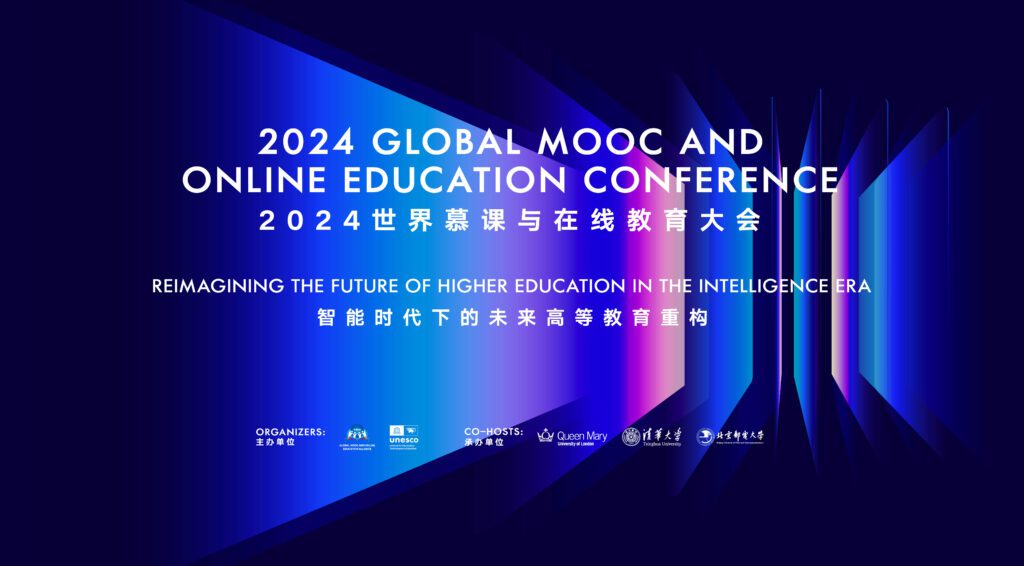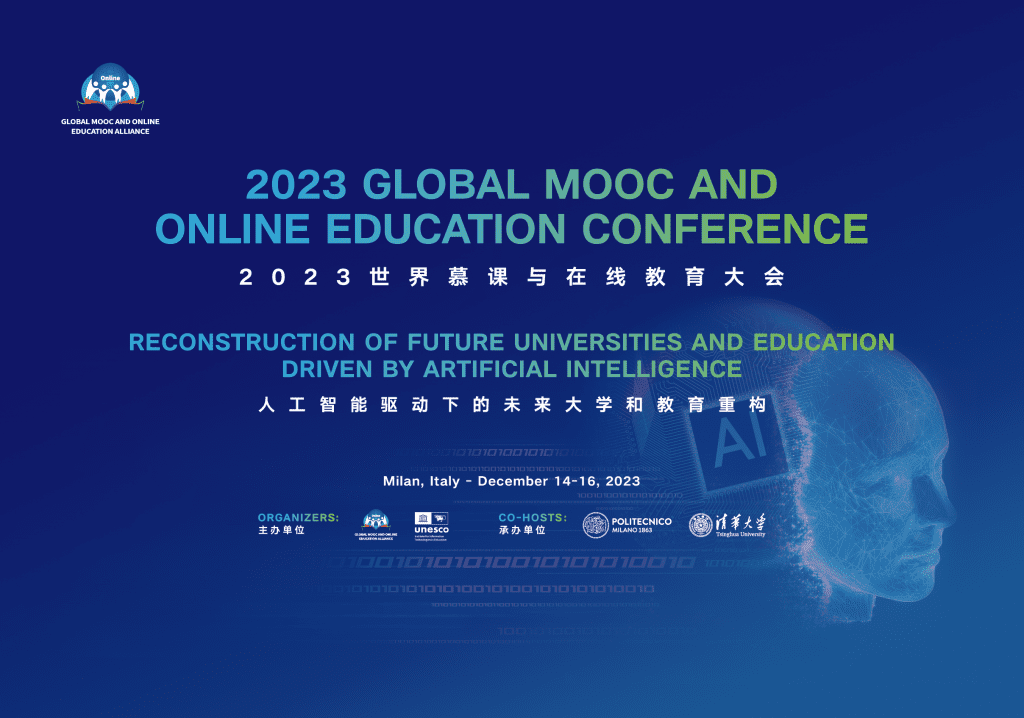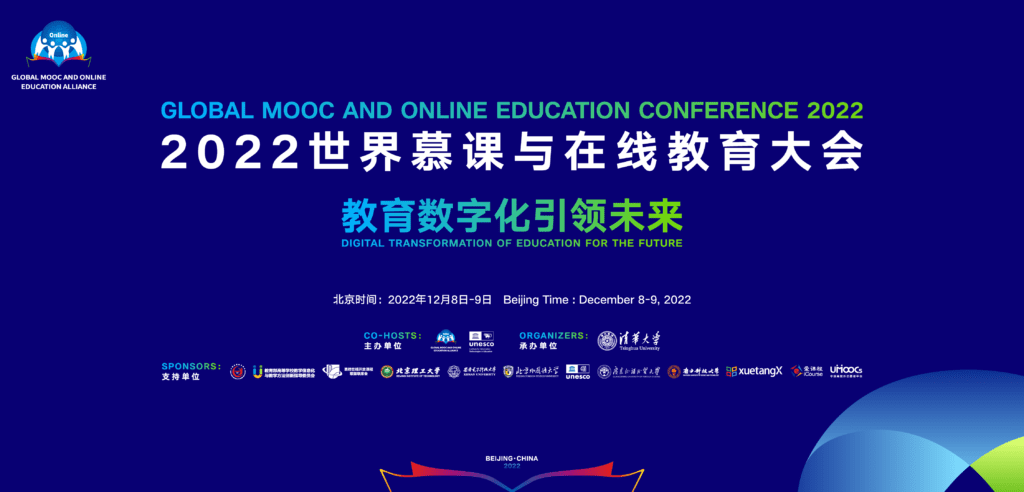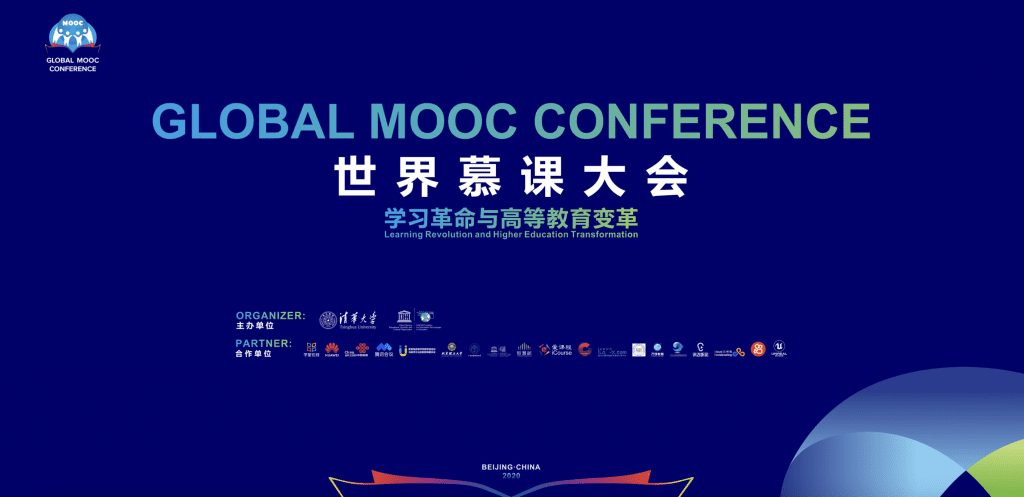Global MOOC & Online Education Conference (GMC)
“MOOC and online education are triggering a profound learning revolution, and drastically transforming the ideas, methods, forms and models of higher education.”
Beijing Declaration on MOOC Development: Learning Revolution and Higher Education Transformation (2020)
The Global MOOC and Online Education Conference (formerly, Global MOOC Conference) is the annual meeting of the Global MOOC and Online Education Alliance (GMA), and it is co-organized with UNESCO IITE. The Conference aims to execute the implementation of the Beijing Declaration of MOOC Development (2020), which recommended UN organizations, international and regional organizations, governments, universities and online education institutions around the world to deepen international exchanges and cooperation, accelerate the building up of infrastructure for communication, promote the openness and sharing of MOOC and online education resources, and jointly promote the setting of international technical and curriculum standards for MOOC and online education, joining hands to build, develop and promote MOOC and online education to serve society better.
Co-organizers

Global MOOC and Online Education Alliance (GMA)
Global MOOC and Online Education Alliance (GMA) is a dynamic and diverse group of 17 world-leading universities and three online education platforms from across 14 countries, six continents, and 10 languages.
The missions of GMA include Joint Teaching, Capacity Building, Knowledge Sharing, and SDG 4.
GMA serves as a mechanism for exchange and cooperation, providing leadership of global higher education efforts to address digital education challenges and to implement practical policies in local communities and around the world.
GMA capitalizes on digital technology to revitalize educational ideas, reform educational models, and actively contribute to transforming higher education in the digital era while also enhancing educational equity and quality.
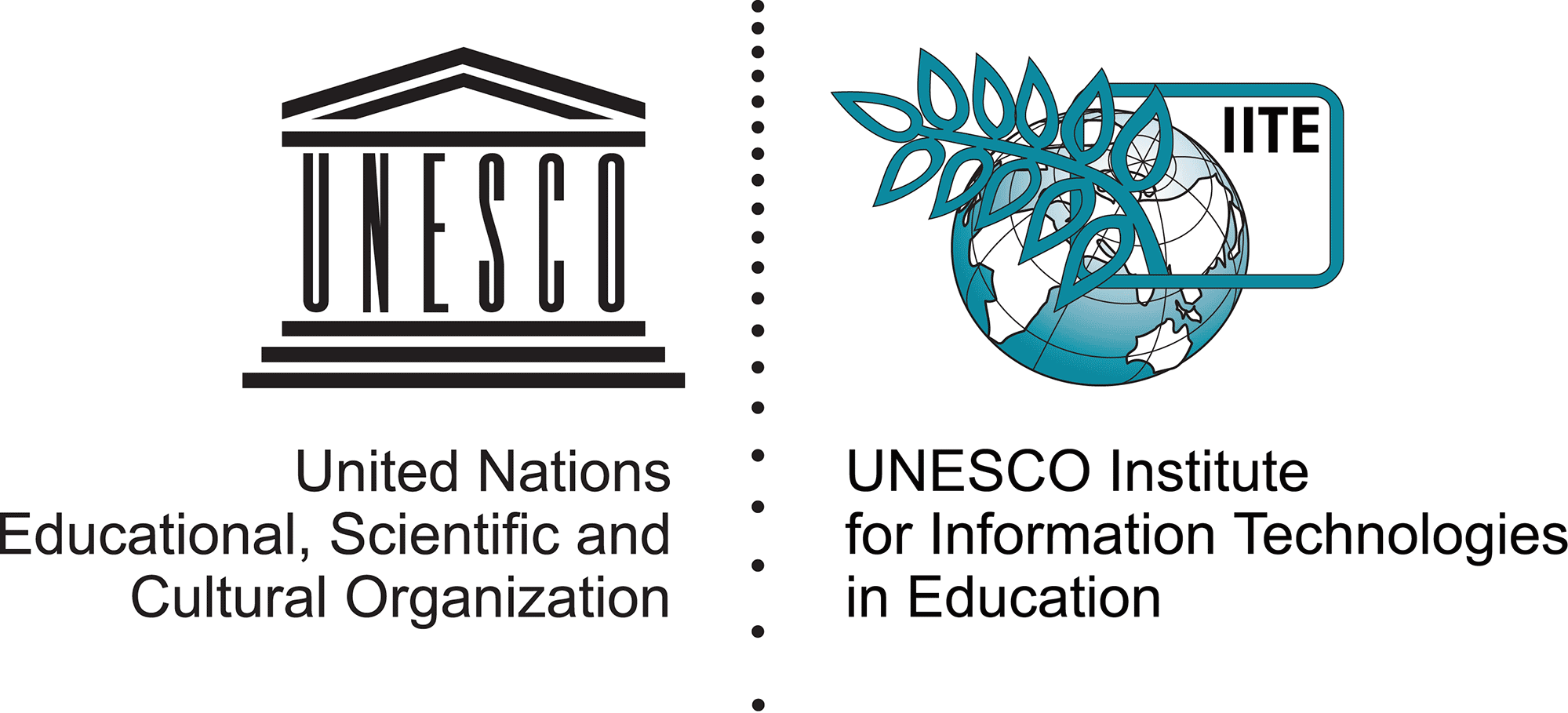
UNESCO Institute for Information Technologies in Education (UNESCO IITE)
In line with the new Education 2030 Agenda, UNESCO IITE has developed its strategic priority areas to meet new demands and tasks ahead. The mission of IITE in the new era is promoting the innovative use of ICT and serving as facilitator and enabler for achieving Sustainable Development Goal 4 (SDG 4) through ICT-enabled solutions and best practices.
In promoting digital pedagogy, UNESCO IITE works with policy-makers, civil society and various other stakeholders, drawing on its own research and existing research evidence, focusing on how pedagogical and technological innovations can enhance learning. IITE exerts efforts to facilitate the transfer of innovation research into educational practice and support effective learning through ICT-enabled pedagogy. The Institute promotes innovative approaches, methodology, tools and techniques of integrating ICT and pedagogy into different levels and sectors of education, in particular higher education.
In the pre-COVID world, the Fourth Industrial Revolution — enabled by “smart plus” and “internet plus” technologies, including artificial intelligence, big data, augmented reality, blockchain, the Internet of Things, and automation — was the disruptive force behind many industries and sectors across the world, including education. Although educators discovered ample of opportunities with the age of internet and virtual interconnectivity, we also quickly realized that the world was dealing with a severe problem of digital divide and learning crisis, evidenced by high levels of learning poverty.
In 2020, the COVID-19 pandemic has accelerated many of the existing challenges and has created the largest disruption of education systems in history, affecting nearly 1.6 billion learners in more than 190 countries and all continents. Closures of schools and other learning spaces have impacted 94 per cent of the world’s student population, up to 99 per cent in low and lower-middle income countries. Additionally, there is growing evidence that even the best distance learning solutions are weak substitutes for classroom interactions and millions of disadvantaged students may not return to school. In other words, progress towards the Sustainable Development Goal 4 (SDG 4) to achieve quality education and lifelong learning will slow, stagnate or even reverse.
Education is not only a fundamental human right, it is a global common good and a primary driver of progress across all 17 Sustainable Development Goals as a bedrock of just, equal, inclusive peaceful societies. Though the world is faced with a learning crisis, but UN Secretary-General Antonio Guterres believes that “the future of education is here,” said during the launch of the Policy Brief: Education During COVID-19 and Beyond on August 4, 2020. “We have a generational opportunity to reimagine education. We can take a leap towards forward-looking systems that deliver quality education for all as a springboard for the Sustainable Development Goals.”
Universities have always served as the lighthouse of human civilization, demonstrated their resilience throughout history as one of the oldest types of institutions in existence, surviving countless wars, crises, and challenges of all kinds. “If universities are to fulfil their mission to advance human development and expand the boundaries of knowledge, we must become more open, more integrative and more resilient.”
Qiu Yong, INaguarl Board Chair of Global MOOC and Online Education Alliance; Former President of Tsinghua University
At this critical moment, universities should play an essential role in promoting confidence, trust and unity among people and collectively call for humanity to rise to its highest potential. Despite the uncertainties and profound challenges that humanity faces such as global health emergencies, climate change, economic volatility, social inequality, and ecological degradation, there remains hope for a brighter future.
2012 marked an explosive year for MOOC, and the worldwide phenomenon was eventually declared as “the year of the MOOC;” while 2023 marked a year of groundbreaking advances in AI and computing, with generative AI disrupting how we teach and learn in higher education, making it “the year of AI education.” At the same time, during the pandemic outbreak in 2020, educators were reminded of the power and the potential of MOOC as online education filled up the mainstream media. Many unanswered questions still remain, such as: What is the future of the MOOC model? How will such online education platforms evolve to better serve the mission of higher education? How best to integrate generative AI and higher education?

